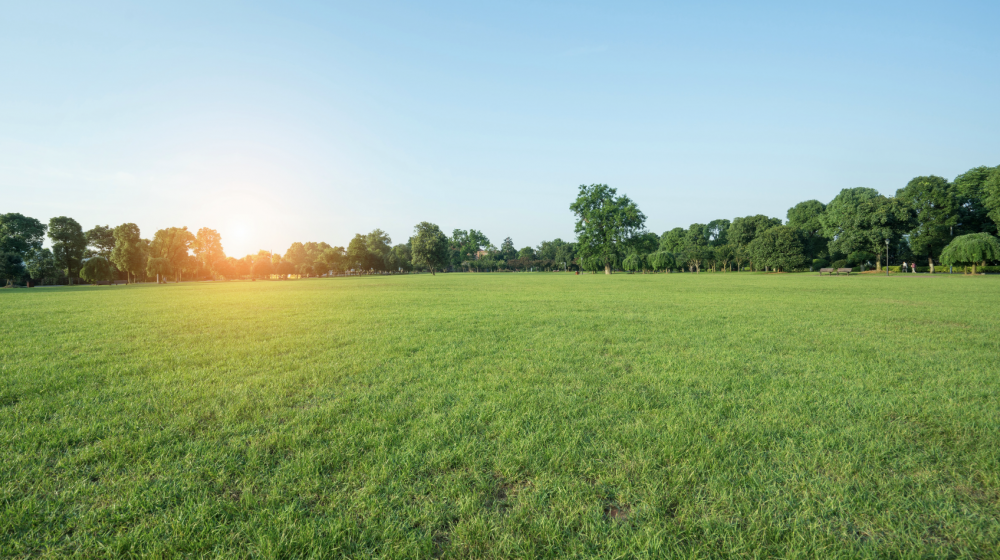Three Tips for Fall Lawn Care

Take time during the fall season to tend to your lawn. (Photo by Canva)
As we all know, good things require time and effort. That same concept applies to having an award-winning yard. You’re probably thinking, “Winter is around the corner. Why should I be worried about my lawn now?” A great spring and summer lawn is made possible by the work you devote to it during the fall.
Here are three tasks you can do now to improve the health and growth of your lawn:
- Don’t over irrigate. This time of year, watering your lawn is important, especially if it is still hot and dry where you live. However, most people make the mistake of leaving the sprinklers or irrigation system set to the same schedule as the summer. This leads to the lawn being overly wet and saturated, contributing to diseases and weeds. Pay attention to the weather and water accordingly. We know fall in the South could mean it’s hot one week and rainy the next! Continue to water your lawn until the first hard freeze.
- Apply preemergence herbicides. Most people don’t think about weeds until they are visibly a problem, but they shouldn’t be a surprise because some of them pop up annually. Apply preemergence herbicides in the fall so you don’t have weeds show up during wintertime. You can accomplish this by putting out a granular weed and feed program or several different granular preemergent herbicides. You can also apply a liquid herbicide. Taking the time to preemptively treat the problem helps save time and money, and it can bring you that much closer to achieving your award-winning yard goals.
- Choose the right fertilizer. Knowing the correct amount of nitrogen (N), phosphorus (P), and potassium (K) needed to maintain your lawn is a crucial maintenance component. You can check the levels of these and other nutrients in your lawn by doing a soil sample test. You can learn how to take a sample and how to read your results in our blog posts! Fall is the ideal time of year to apply an extra amount of potassium to your lawn, because it helps prevent winter injury and susceptibility to disease. Our Extension experts recommended you limit the amount of nitrogen used in fertilization during the fall. Nitrogen is generally applied on actively growing grass in the spring and summer.
Lawn burweed is a common spring weed that you can begin to treat in the fall. Check out this blog post on how to prevent it from appearing in your yard.
For additional research-based resources on lawn care, check out Extension Publication 1322, “Establish and Maintain Your Home Lawn.”
Subscribe to Extension for Real Life
Fill in the information below to receive a weekly update of our blog posts.









